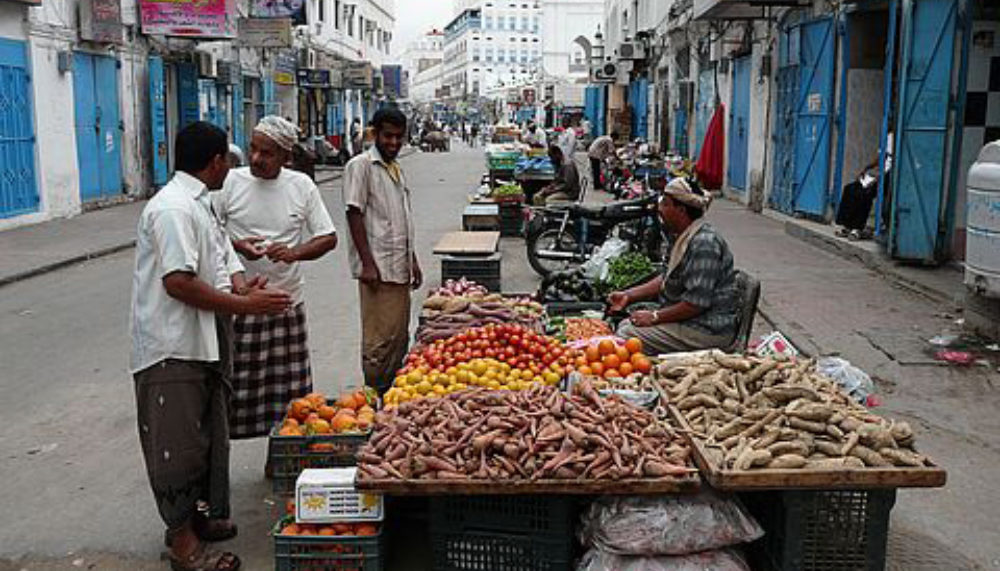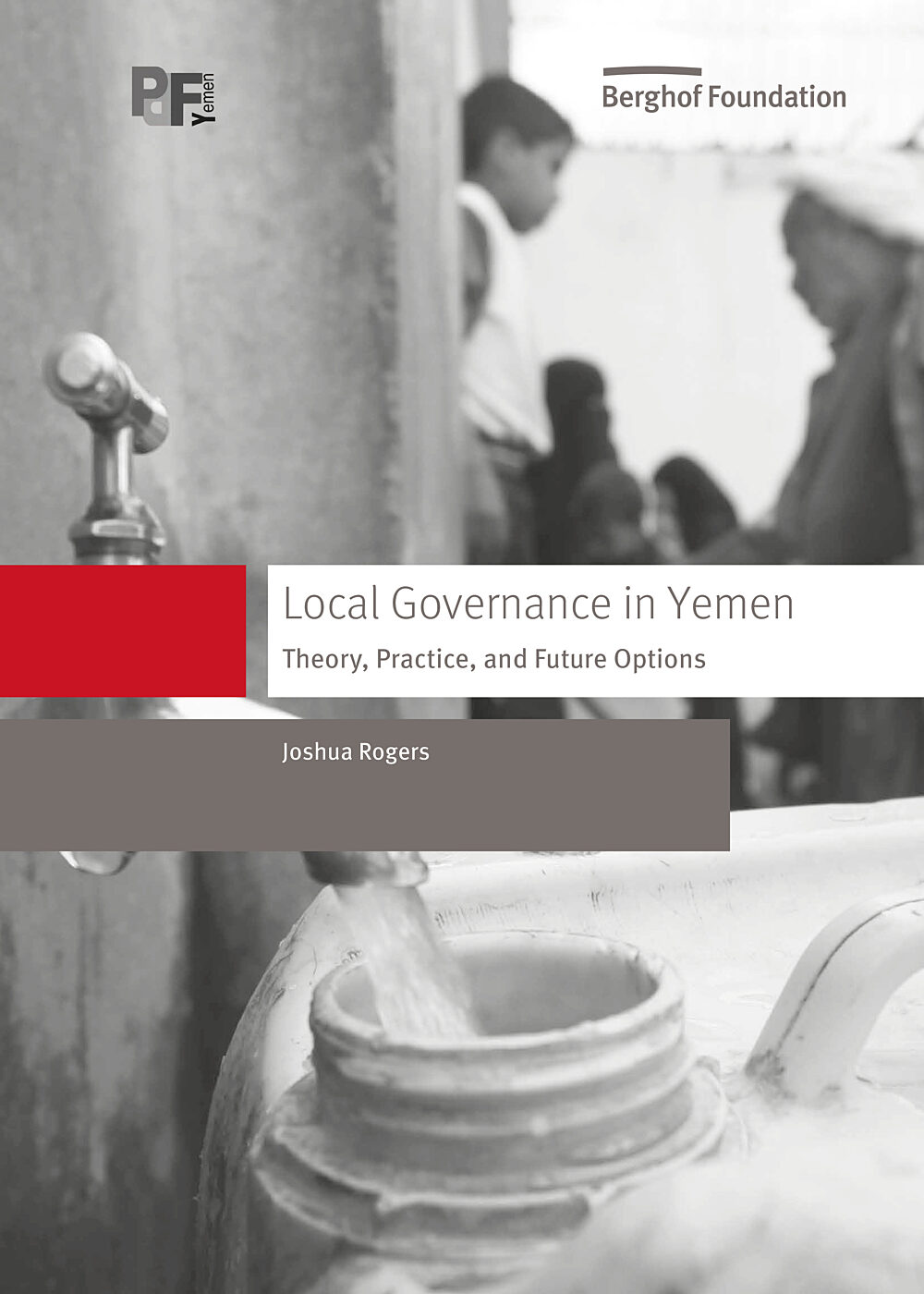FEATURE | 7 Jun 2019
Local governance in Yemen: The devil is in the detail

Contradictory declarations on troop withdrawals and renewed clashes in Hodeidah have underscored once again that, in Yemen, the devil is in the details.
Contradictory declarations on troop withdrawals and renewed clashes in Hodeidah have underscored once again that, in Yemen, the devil is in the details. Without understanding local dynamics, alliances and informal connections, observers understand very little. This is true not only for the fighting and peace negotiations, but also and especially for day-to-day governance.

The war has destroyed Yemenis’ livelihoods and shaken national institutions. In this environment, Yemen’s local governance has taken on a new centrality. The well-being of Yemen’s citizens depends to a large extent on the effectiveness, efficiency, and responsiveness of local governance structures. They are essential both for providing basic services and thereby mitigating the impact of conflict, and for making any future peace agreements viable on the ground.
This is why the Berghof Foundation and the Political Development Forum are working to strengthen inclusive local governance in Yemen. Our experiences in this area over the past two years informs a new joint publication, which provides an extended introduction to the intricacies of local governance in the country.
Local Governance in Yemen: Theory, Practice and Future Options summarises the key legal texts on local governance since the early 2000s and discusses how they were implemented (or not) prior to and since the current war broke out in 2015. Alongside the legal framework and its implementation, it examines how local administrations have coped with falling revenues and uses case studies of Dhamar, Hadhramawt, and Marib governorates to capture some of the details and diversity of current practice. The paper also outlines Yemeni actors’ current thinking on what is needed to sustain and improve local governance and contribute to an end to the fighting.
Media contact
You can reach the press team at:
+49 (0) 177 7052758
email hidden; JavaScript is required


